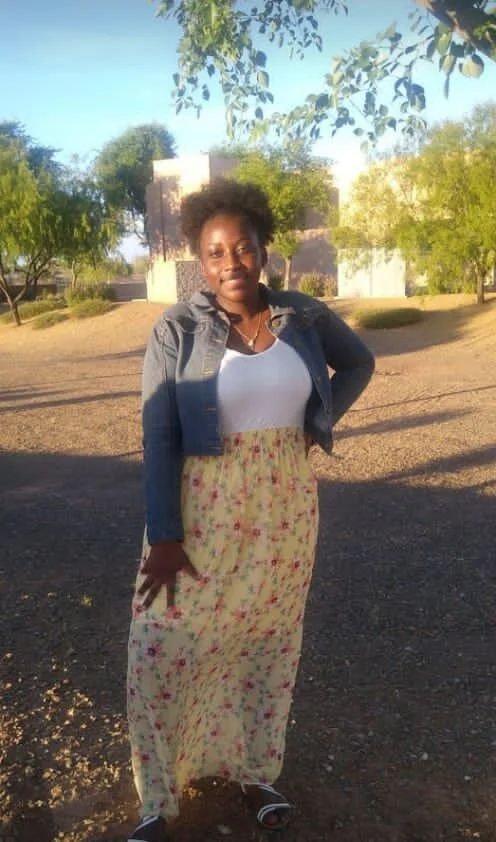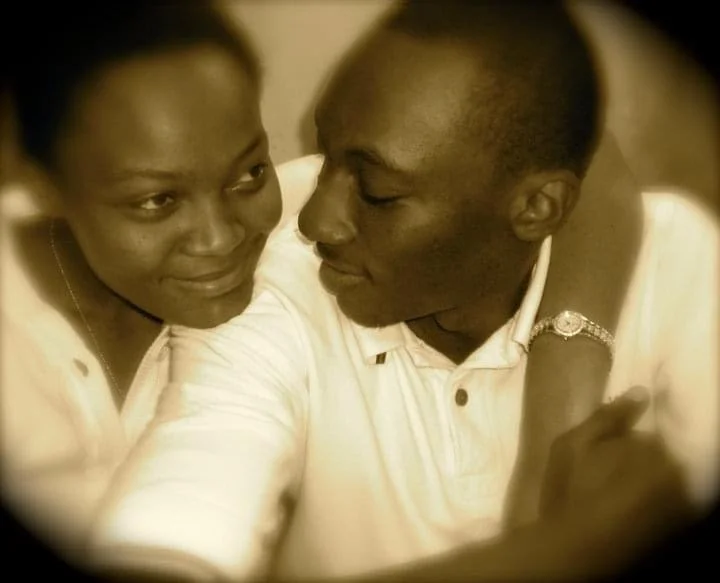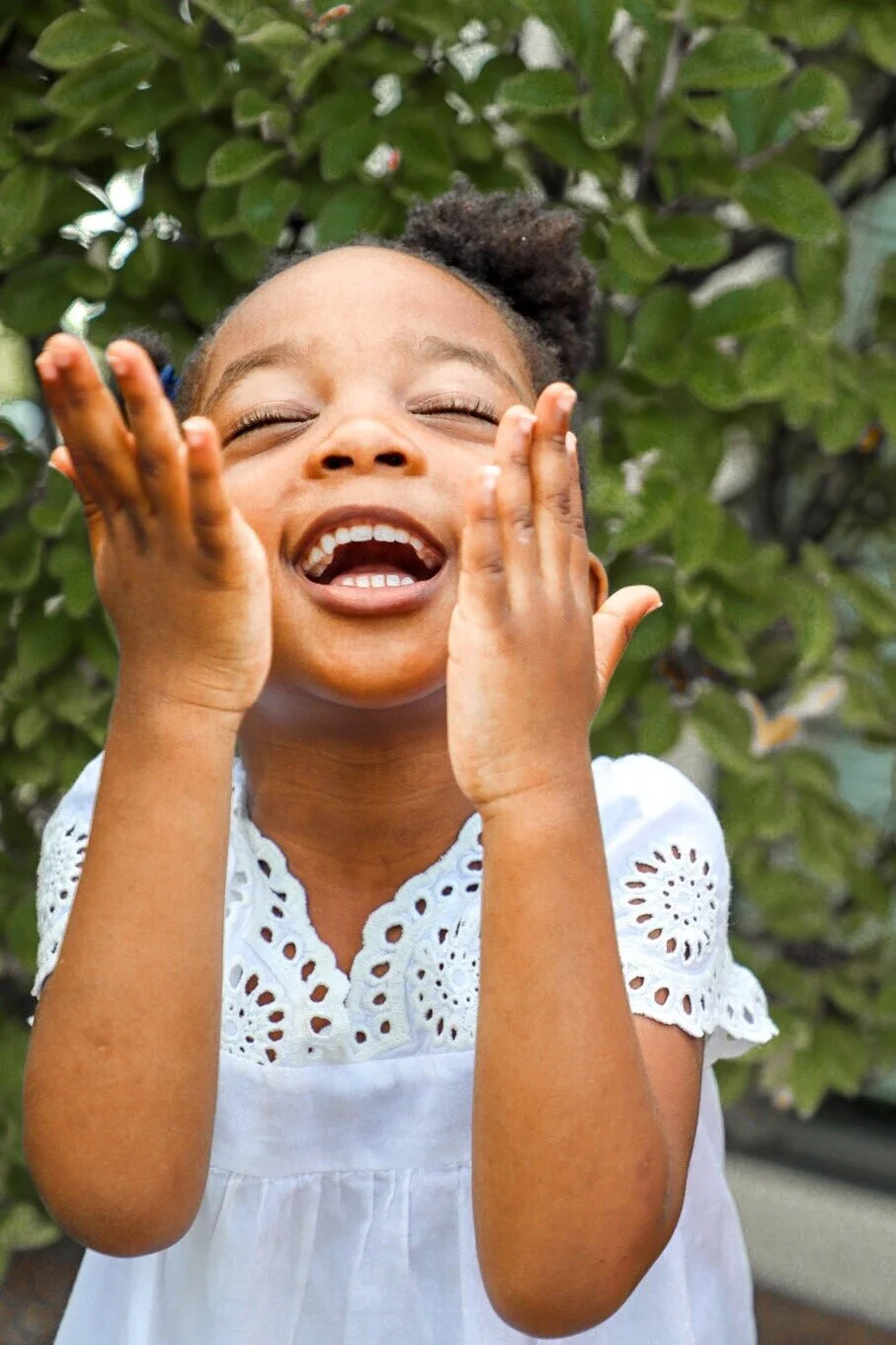Growing up Burundian American
By Yvette Nishimwe, 15
In America, there are certain ways to do things. Similarly, there are certain ways to do things in a Burundian household. While some things are the same all around, many of the customs and traditions are vastly different, so much so that I find myself, a Burundian-American, with two personalities. Lucky for me, I have grown used to the way things are done in both worlds. According to my mother, World #1, America, only exists outside. Once I have crossed the threshold of our home, I have entered Burundi, World #2.
In World #2, we speak Kirundi, the Burundian language. My parents have always stressed, ever since I was little, that we should explore our Burundian roots and have ensured that we do so. It is important to them, and to me, that I am able to speak Kirundi fluently. Knowing my parents’ birth tongue is a blessing to me, and it has helped me to navigate World #2. In my Burundian world, as I mentioned, America doesn't exist.
We eat the traditional Burundian dishes, like fufu, goat meat, and rice. Sometimes, as I am eating these meals, I think to myself that this is truly the best part of being Burundian. Other times, when there are dishes I don't particularly enjoy, I find myself wishing for a burger. After all, I’m American, too! Other things, like music and entertainment, are both Burundian and American. My siblings and I watch what we enjoy, and it turns out we like both. A lot of situations like this are common, where things from both cultures are enjoyable.
The remainder of my time, though, many of the people I interact with are American, in World #1. Therefore, I have also developed an American personality. See, a lot of American traditions aren't stressed like they are in Burundi. Yet, everyone does the same thing. Because of this, learning American customs come as more of a challenge. Even though I am experienced with the American culture, I understand how it might be hard for people who weren’t born here, such as my parents. It is in these times where I feel the most American, explaining American techniques or translating English. There are times, though, where I feel foreign.
Many of my classmates and others I interact with are 100% American. Although we are similar in the aspect that we are all American, we are also different because American is not all that I am. Because I am used to my two worlds, I find my situation normal, a “nothing to see here!” moment. Describing being a Burundian-American to them is a very challenging ordeal because in my head, there's nothing to describe. Other times, my “challenges’' are simple, like during family tree projects at school when I am asked to write the names of one of my relatives and they doesn't even fit in the allotted space! Otherwise, being American can be a breeze.
I have gotten used to all my Burundian-filled American experiences. In the past, I have been asked whether I am Burundian or American and sometimes I answered Burundian and sometimes I answered American. However, why should I separate it? The most correct answer is that I am Burundian-American. As I am getting older, I find myself merging my double lives into one, and it isn't challenging at all. Since I love both the Burundian and the American side of me, I feel as if I'm putting two halves of my heart together to finally form one.




